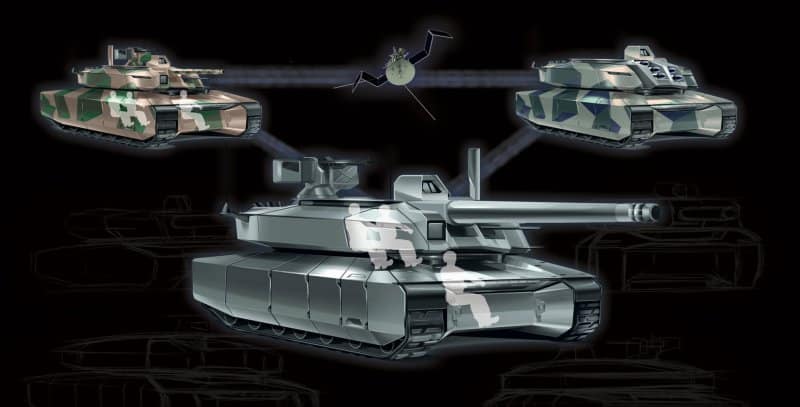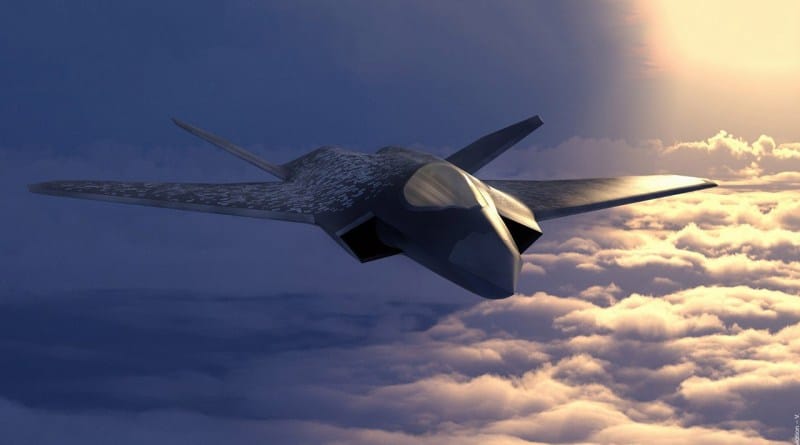For several months, not a week has gone by without new information coming questioning Germany's will to persevere in the ambitious cooperation in terms of defense programs launched 4 years ago by President Macron and Chancellor Merkel, on the altar of tensions between the United States and Europeans, in particular Germany, consequences of President Trump's intransigence on questions of sharing the Defense effort. If over the last two years, Berlin's demands could still appear to be linked to a different conception of the defense effort, the thunderous outing of the German Minister of Defense, Annegret Kramp-Karrenbauer, dealing a blow to French hopes of European strategic autonomy the same day of the US elections, and the sequence increasingly excessive demands from Berlin since concerning the industrial sharing of programs or intellectual property, leave little doubt as to Berlin's now obvious desire to end these programs.
However, whether it is the Eurodrone, the FCAS combat aircraft, the MGCS tanks, the CIFS artillery system, the MAWS maritime patrol aircraft and even the Tiger 3, the ultimate version of the European combat helicopter, all these programs today constitute the heart of the technological and operational anticipation of the French armies and the national defense industry for the decades to come. In fact, if Berlin (and Madrid concerning FCAS) were to end this collaboration, there is little doubt that France would then have to develop itself, if not the same programs and equipment, at least their operational substitutes. . Under these conditions, can we take advantage of the reset to 0 of these strategic and dimensioning programs to correct some of their shortcomings or poorly calibrated ambitions, and thus design and produce equipment more suited to the operational needs of the French armies and likely to better meet the expectations of international demand, so as to increase budgetary sustainability?
A schedule based on operational needs
One of the main criticisms that can be made of Franco-German cooperation programs is based on the timetable chosen by Paris and Berlin. Indeed, FCAS like MGCS, CIFS and MAWS, all aim for entry into service between 2035 and 2040. In addition, the manufacturers in charge of these programs have already indicated that given the technological ambitions displayed, but also the cumbersome bi- or tri-national management of these programs, these deadlines will be very difficult to respect. However, at the same time, many factors now indicate that the peak of international tensions, especially between the United States and China, will intervene well in advance of this date. However, if a conflict were to break out, directly or indirectly, between the two super powers in the Pacific and the Indian Ocean, it is most likely that the security situation in Europe, but also in the Middle East, in the Caucasus and Africa would also deteriorate, very probably taking France and its European allies with it.


75% of this article remains to read,
Subscribe to access it!
The Classic subscriptions provide access to
articles in their full version, and without advertising,
from 6,90 €.
Newsletter subscription
Register for the Meta-Defense Newsletter to receive the
latest fashion articles daily or weekly

